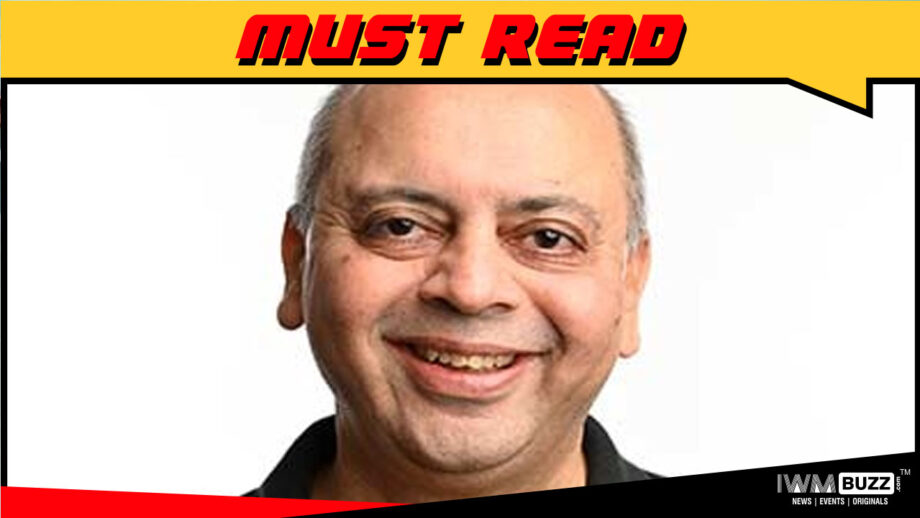Kenneth Desai is an Indian film actor, who has worked predominantly in Bollywood. The veteran actor is known for his performances in movies like Hum Dil De Chuke Sanam, The Legend Of Bhagat Singh, Dashavtar, John Day, Humpty Sharma Ki Dulhania and many more. The man is a theatre veteran and has also been seen doing a considerable amount of work in the television circuit. In an exclusive chit-chat with IWMBuzz, Kenneth talks about the importance of theatre, its future, his role as a theatre professor and a lot more. Read the story to find out –
You are such a talented actor. You manage to make an impact in every role that you play. How do you prepare before taking up a role?
Well, I have a boring answer for this. I read my script as many times as possible. No matter how many times I read it, it is always worth reading it once more. If it is written by a good writer, there are always more layers of meaning to understand and discover. If the writing is mediocre, then one needs to think a lot harder about what to do, and how to do it. Apart from this, I stick to the basics in my approach, the “W’s”; What, Why, Where, When, Who. These questions can be asked by an actor from many angles, and the more you ask, the more it stimulates your imagination as an actor. Anything further than that can be attributed to the director and the tuning between the two of you, or the chemistry with your co-actors, or the sensibilities you have acquired through a combination of thinking, questioning, and experience. This answer may seem long, but it’s just the tip of the iceberg. Snappy answer: A good actor is a good liar. Not an easy thing to do, you know. Firstly, you need to at least partially believe in your lies if you want people to believe you. And the more you need to lie, the harder you have to think things through to be convincing. Lastly, the more truth there is mixed up in the lies, the more convincing it is.
What still keeps you active in the theatre circuit despite being so active in television? How do you prepare differently for a theatre play?
My origins are in theatre. It also, among all the mediums, happens to have the actor as its focal point. It’s the one I enjoy most, and find the most creatively rewarding. The long rehearsal process and the repeated shows allow the actor greater depth and the opportunity to experiment and improve one’s performance in a way that films and television just can’t.
What do you think is the future of Indian theatre?
I think it’s a very bright future. With the advent of digital media, more people are opting to watch theatre, valuing the quality of a live performance. Also, the current generation is more confident and carries less baggage. I think great Indian theatre and cinema are not too far away. We will soon reach international quality on a frequent basis. It’s already happening.
You are obviously teaching the art form of acting as well at a reputed organization (Whistling Wood International). How difficult a task is that?
If you are sincere and know your stuff reasonably well, it’s not difficult to teach. But it is very demanding in terms of focus, concentration, alertness and patience. Waiting for the penny to drop and the bulb emoticon to light up. And sometimes, the penny may drop months or even years after the classes are over. That happens often with actors. But students respond to the sincerity in teachers, and they unwittingly teach you at least as much as you teach them.
Lastly, your favorite theatre project you have worked in till date?
For someone who loves his work, that’s an unfair question. How can you decide which child is your favorite? You may have done a better job with one than the other for a variety of reasons, but you approached each one with whatever you had in you at the time.


